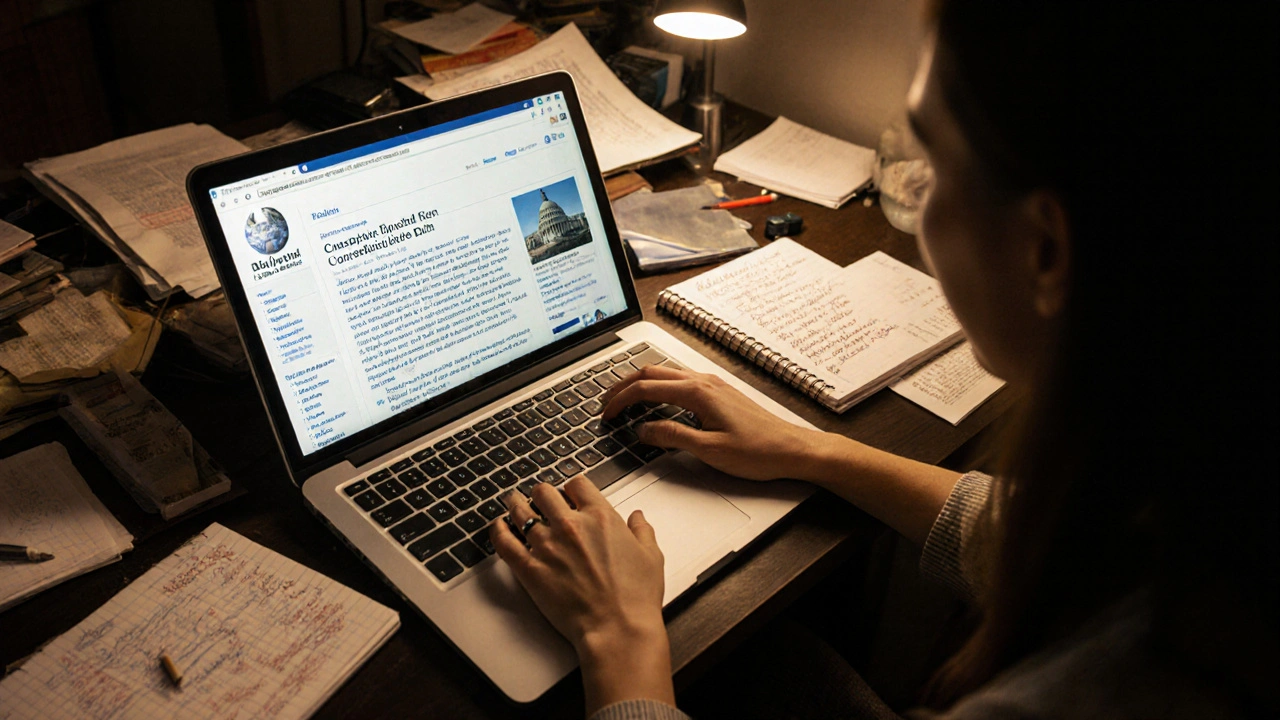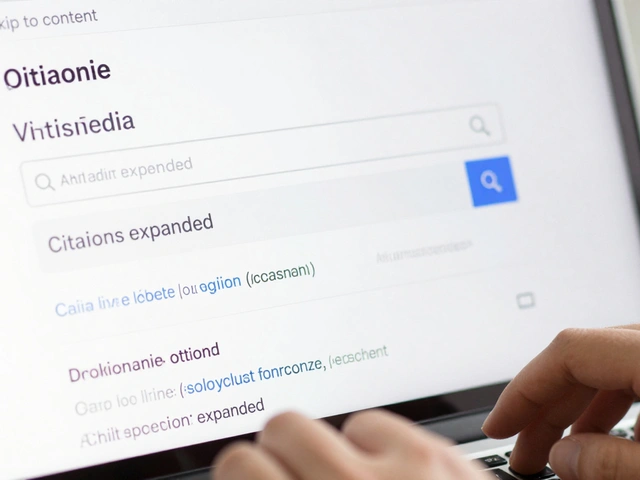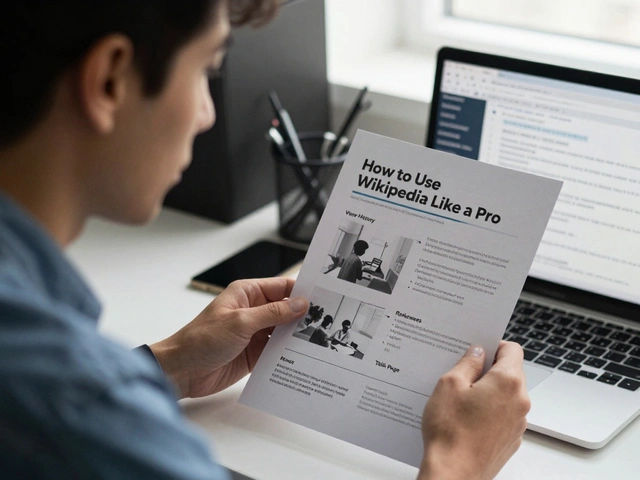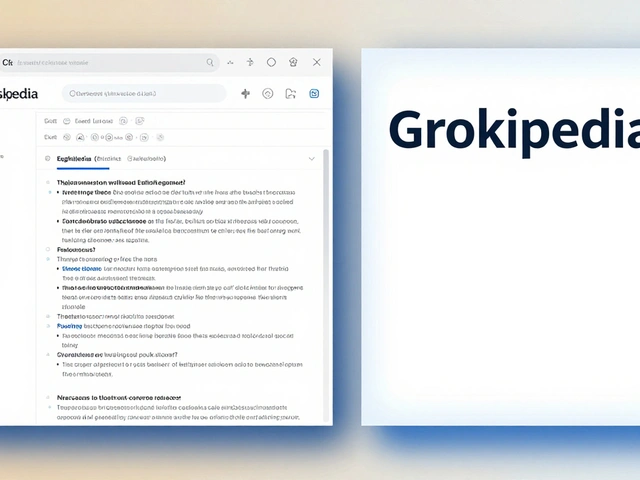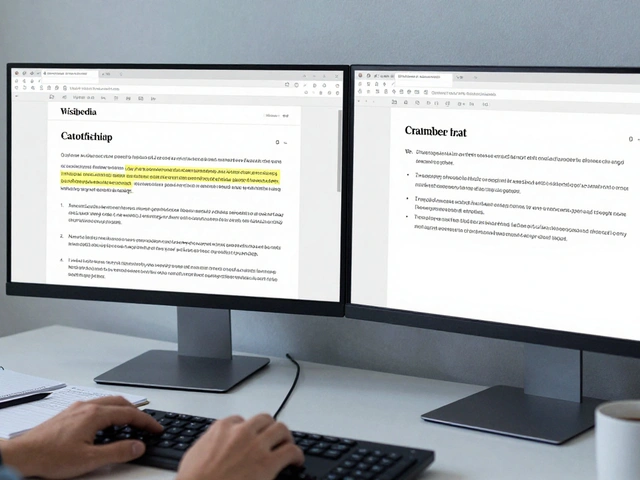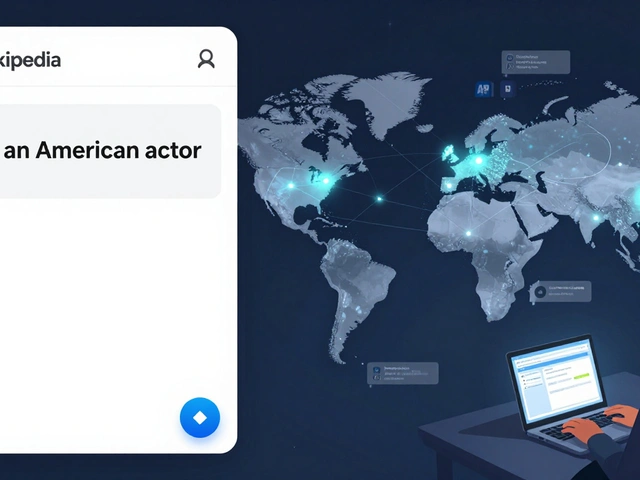Using Wikipedia Responsibly: How to Edit, Verify, and Contribute Ethically
When you use Wikipedia responsibly, you’re not just reading information—you’re helping shape what millions of people believe is true. using Wikipedia responsibly, the practice of engaging with Wikipedia as a reader or editor while respecting its policies, sources, and community norms. It’s not about being perfect—it’s about being honest, transparent, and willing to listen. This means checking sources before editing, avoiding paid promotions, and never creating fake accounts to push your agenda. Wikipedia editing, the process of adding, correcting, or removing content on Wikipedia by volunteers. It’s a public act, and every change leaves a trace. If you edit to promote a product, a political view, or a personal brand without disclosure, you’re not helping—you’re undermining trust.
reliable sources, third-party publications like peer-reviewed journals, established newspapers, or academic books that verify facts independently. They’re the backbone of every good Wikipedia article. Without them, even the best-written entry becomes speculation. Wikipedia governance, the system of policies, committees, and community decisions that enforce fairness and accuracy on the platform. It’s not perfect, but it’s the only thing standing between accurate knowledge and chaos. When someone creates a sockpuppetry, the use of fake accounts to manipulate discussions or evade bans. It’s fraud, and it’s detected more often than you think. The community doesn’t just react to bad edits—they track patterns, dig through edit histories, and sometimes even uncover real identities.
Using Wikipedia responsibly isn’t about being an expert. It’s about being careful. Did you cite a source? Is your edit neutral? Are you responding to feedback, or just arguing? These aren’t just rules—they’re the reason Wikipedia still works after 20 years. You don’t need to be a veteran editor to make a difference. Fixing a broken link, adding a missing citation, or flagging a disputed claim all count. The real danger isn’t making a mistake—it’s ignoring the system that keeps things honest.
What follows is a collection of real stories from inside Wikipedia: how editors uncover deception, how policy debates shape what gets published, and how communities fight to protect the platform from manipulation. You’ll see how students, journalists, and volunteers are quietly keeping the encyclopedia trustworthy. Whether you edit once a year or every day, this isn’t just about Wikipedia—it’s about how knowledge survives in the digital age.
Wikipedia as Background Material: The Journalist's Reference Guide
Wikipedia isn't a source-but for journalists, it's one of the most powerful research tools available. Learn how to use it to find leads, verify facts, and uncover stories without ever quoting it.
